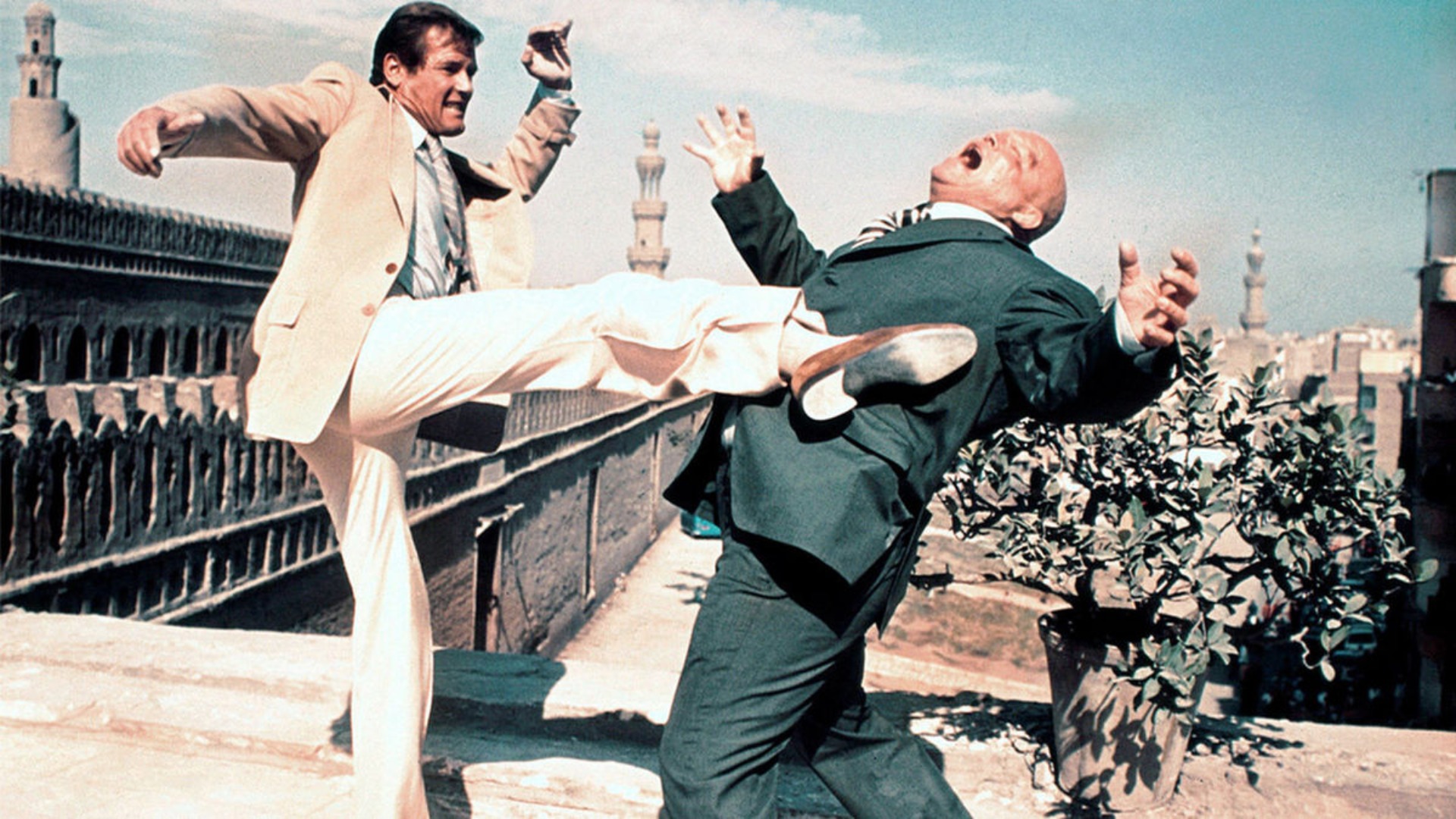Christopher Nolan on Bond's The Spy Who Loved Me: "I’ve spent a lot of my career trying to get back to that feeling"
The Tenet movie-maker discusses the first time he saw Roger Moore's Bond blockbuster

Christopher Nolan loves the James Bond movies – we know this to be true. Not only has the director spoken about his admiration for the spy series, but Bond's influence on his work is everywhere. Perhaps nowhere has that been more obvious than with Tenet, the upcoming thriller that star John David Washington as the time-inverting Protagonist. Suave like Bond, the character travels the world and sees enough daily explosions to make sure his ears are constantly ringing.
While promoting Tenet, Nolan spoke about the spy movies that influenced the new movie, and, as you might expect, a Bond movie was his first thought. "The first James Bond film I remember going to the cinema to see was The Spy Who Loved Me with Roger Moore," he said. "That still is a great favourite of mine. That’s a film that I try not to watch too often. But when I watched it recently – I showed it to my kids, for example – you can tap back into that early experience. I think I was about seven years old when I saw it. I went with my dad to the cinema to see it.
"What I remember, and what I’ve tried to retain from that experience, is the feeling of possibility that you could jump through that screen, and go anywhere in the world, and see the most amazing things. It had such scale, and such possibilities, really. It was pure escapism, and had an excellent sort of fantasy component to it as well – you know, with the car that turns into a submarine, and all that stuff. But really, great.
"I think I’ve spent a lot of my career trying to get back to that feeling and trying to give that experience to audiences – to take you back to that sense of wonderment about the possibilities of what movies can do, and where they can take you."

One of the ways Nolan has done that is by using physical props and locations. "When you’re trying to create very large-scale entertainment, you bump up very rapidly against the limitations of what you can build, or what you can conceive, as opposed to the real world," he said. "The real world is so large and so extraordinary, and offers such possibilities if you can go on location, and get out there in it.
"That works twofold. It’s both escapism, and it’s both really allowing the audience to go to the cinema, and have them be taken to places that they would never be able to go to in their ordinary lives – places that are extremely glamorous or extremely dangerous, what have you. And that gives tremendous scope to the nature of the escapism that the audience is engaged with.
"But it also informs the narrative, and it informs the stakes of the narrative, because what we’re dealing with Tenet, as in a classic, espionage film, is a threat to the entire world. And I think by showing more of the world, and more of the people of the world, in the film, you’re constantly reminded as an audience member of the scale of the threat. It’s not a localised threat. It’s something that threatens all of us around the world."
Sign up for the Total Film Newsletter
Bringing all the latest movie news, features, and reviews to your inbox
For more on Tenet, be sure to read our coverage from the movie's set. Tenet is in UK cinemas now, and US theatres from September 4.

Jack Shepherd is the former Senior Entertainment Editor of GamesRadar. Jack used to work at The Independent as a general culture writer before specializing in TV and film for the likes of GR+, Total Film, SFX, and others. You can now find Jack working as a freelance journalist and editor.


